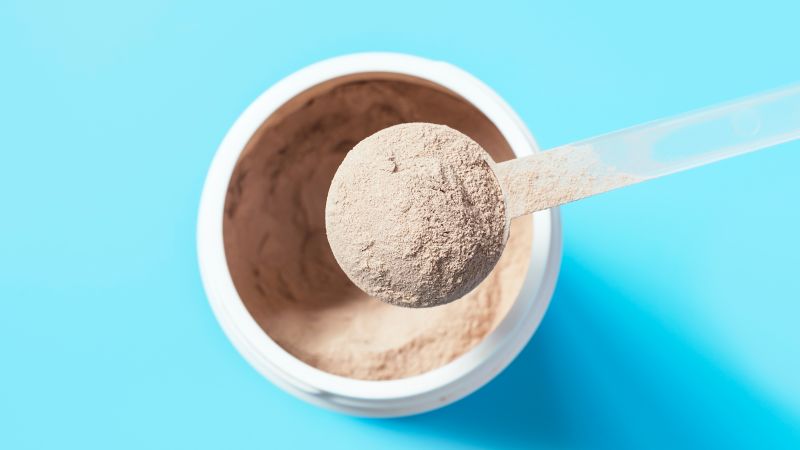Over-the-counter Protein Powders Contain Disturbing Levels of Lead and Cadmium
A new investigation by the Clean Label Project has revealed that many over-the-counter protein powders contain disturbing levels of lead and cadmium. According to the report, the highest amounts of lead and cadmium were found in plant-based, organic, and chocolate-flavored products.
Lead is a toxin that can have serious health consequences, including kidney damage, and there is no safe level for human exposure, according to the US Environmental Protection Agency. Cadmium is also a carcinogen and can damage the body’s organs, including the heart, kidneys, gut, brain, respiratory, and reproductive systems, according to the US Department of Labor’s Occupational Safety and Health Administration.
The investigation found that organic protein powders had three times more lead and twice as much cadmium as non-organic products. Plant-based powders, made from soy, rice, peas, and other plants, had three times more lead than whey-based products. Chocolate flavoring was another key source of contamination, with chocolate-flavored protein powders containing four times more lead and up to 110 times more cadmium than vanilla-flavored powders.
The Clean Label Project purchased 160 products from 70 best-selling brands and sent them to an independent laboratory for testing. The report included data on the levels of lead, cadmium, bisphenol A and B, phthalates, and perfluoroalkyl and polyfluoroalkyl substances (PFAS).
However, the report’s findings are not without criticism. The Council for Responsible Nutrition, an industry association that represents supplement manufacturers, questioned the validity of the claims, citing the lack of transparency about the criteria used for contamination thresholds and the selection of products.
Despite these concerns, the report highlights the importance of monitoring heavy metal contaminants in food and supplements. For consumers, it is essential to shop smart and reach out to favorite brands to inquire about contaminant levels.
According to Jaclyn Bowen, executive director of the Clean Label Project, pea-based protein powders appear to have the lowest levels of heavy metals, and whey-based or egg-based, vanilla-flavored protein powders have the least amount of heavy metals.
In conclusion, while protein powders can be a part of a healthy lifestyle, it is crucial to be aware of the potential risks of heavy metal contamination. By demanding transparency from brands and making informed choices, consumers can reduce their exposure to these toxins.

